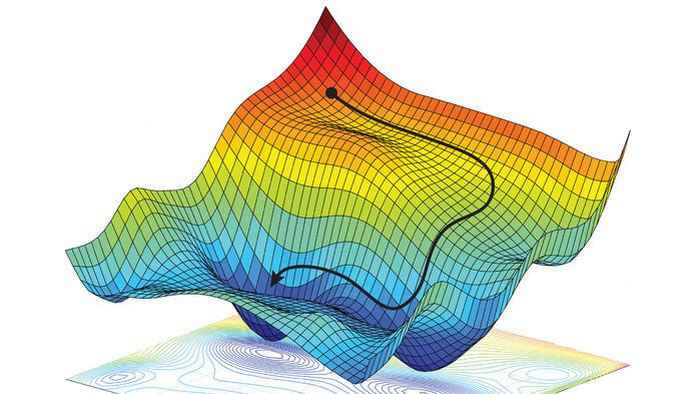Project plan
The research project Optimization for and with Machine Learning (OPTIMAL) is structured into four inter-connected work packages ‘for’ and ‘with’ machine learning: Optimization for machine learning; New optimisation methods for machine learning; Optimisation with machine learning and Data-centric modelling. Read more about the theoretical framework of the research project.
